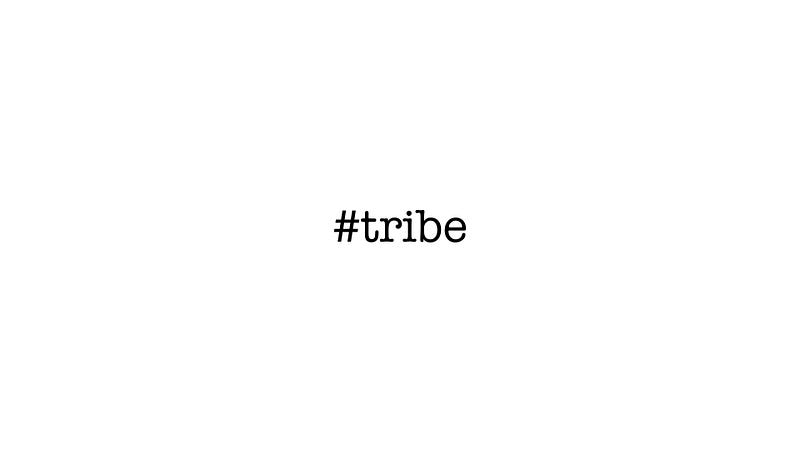Tribe

We love belonging to tribes. It all starts with your family tribe, then your school tribe and continues into your educational tribes as you progress through to the sports tribe, the political tribe and your workplace tribe.
And you enjoy belonging to these tribes because it allows you to view those folks as like minded individuals. They may be from different families and backgrounds but when you arrive in their tribe, you are basically the same as them. You look at these people through rose-tinted spectacles, believing that they own the same values as you.
You probably have no idea about this person and quite possibly have never met them ever and truly no idea what they stand for, their values and habits. But because they belong to the same tribe, well that means they are like you? This is especially true of Facebook. Belong to the same group around just one idea and bang, you are now the best buddies forever.
Wrong!
This can also be understood as ‘confirmation bias’.
[embed]https://en.wikipedia.org/wiki/Confirmation_bias[/embed]
We believe certain things about ourselves and others and if there’s a match then we believe we’ve arrived in our tribe.
But belonging to a tribe can have many positive benefits. I recently listened to an episode of a podcast series on the BBC, titled ‘Digital Human’. The episode was indeed called ‘Tribe’.
[embed]https://en.wikipedia.org/wiki/Confirmation_bias[/embed]
In their research they were able to uncover that Facebook was hugely beneficial for extended families to keep in touch with each other, especially if they have been apart for long periods of time. Their meeting up after a long period apart was stronger because they could keep in touch with their family tribe.
Happy belonging!